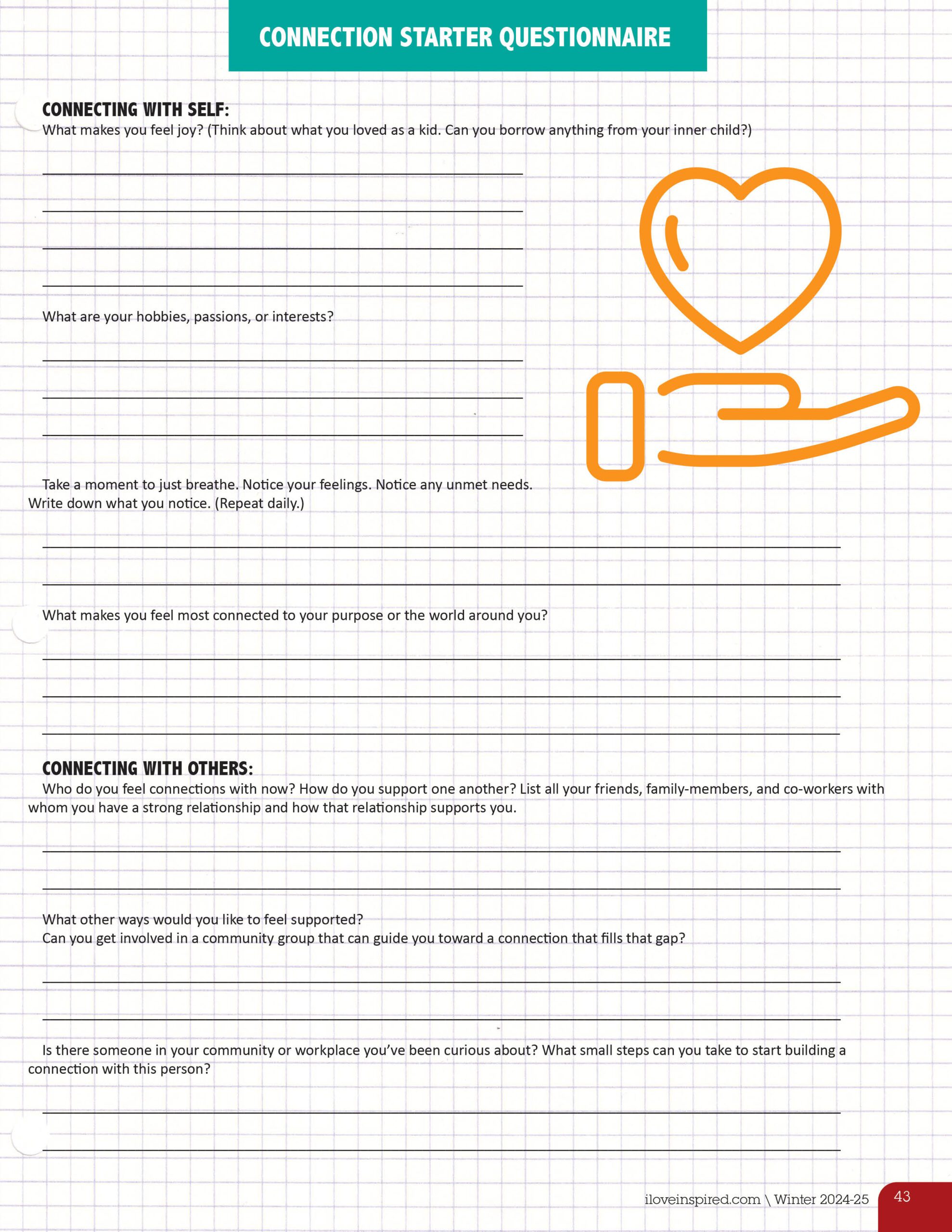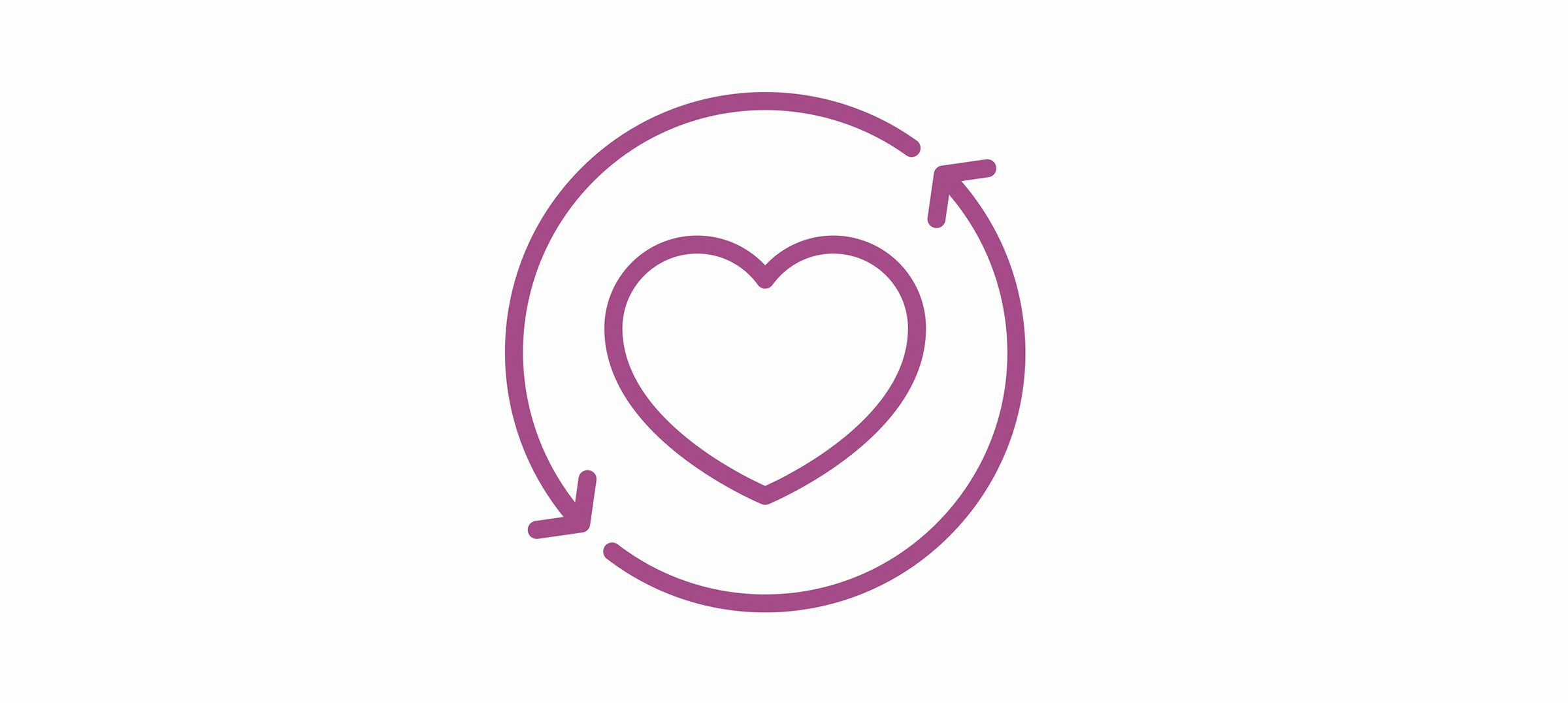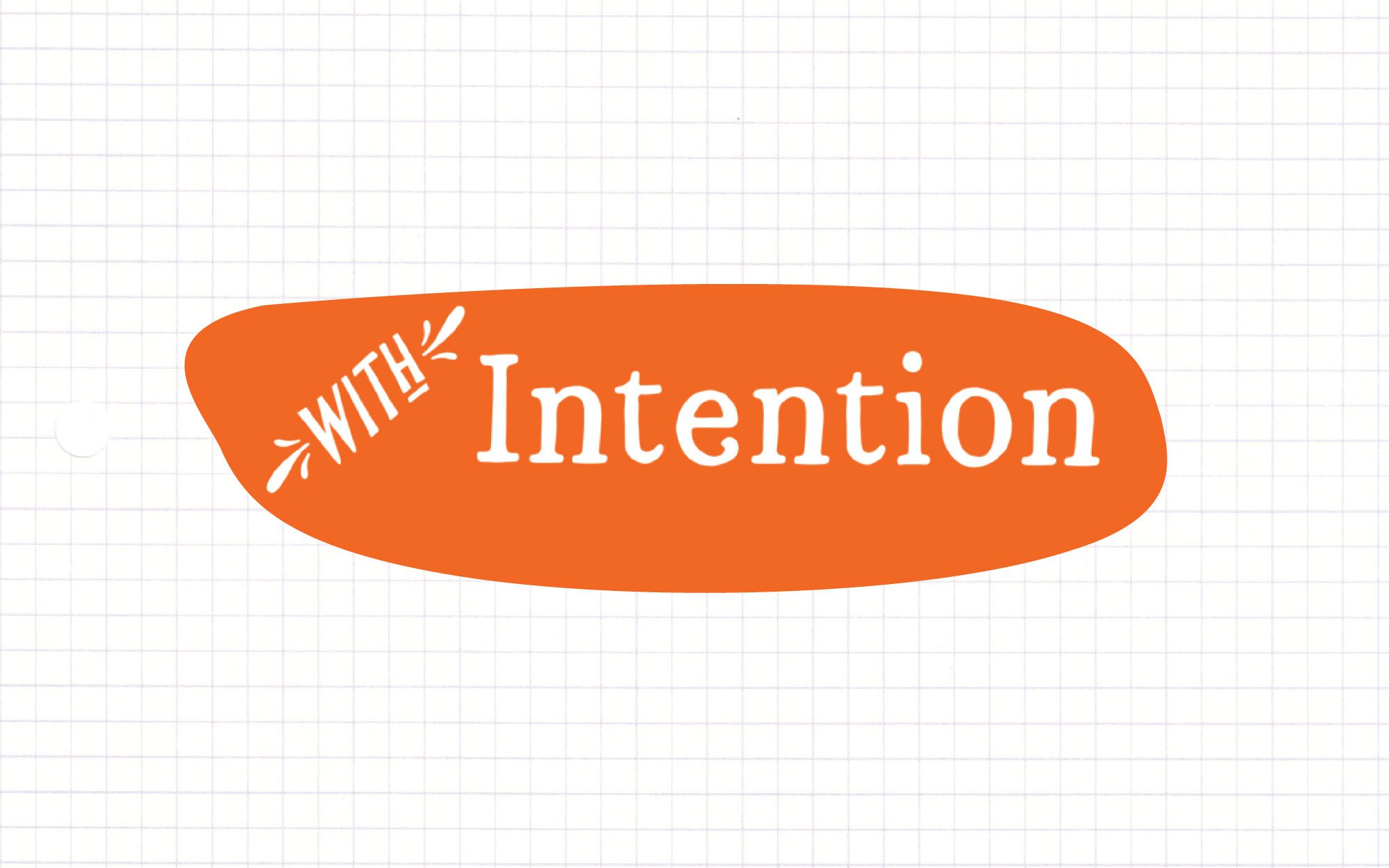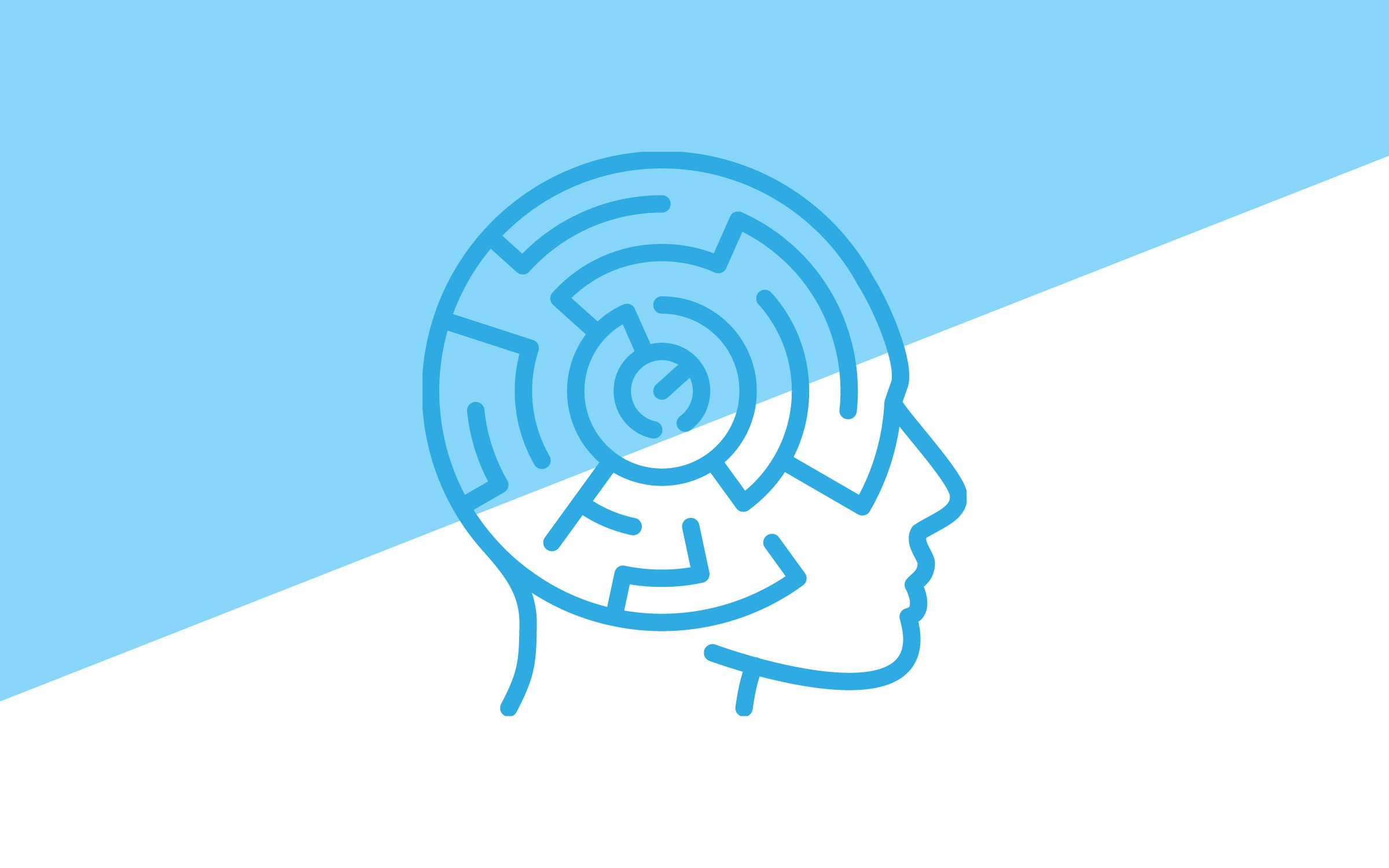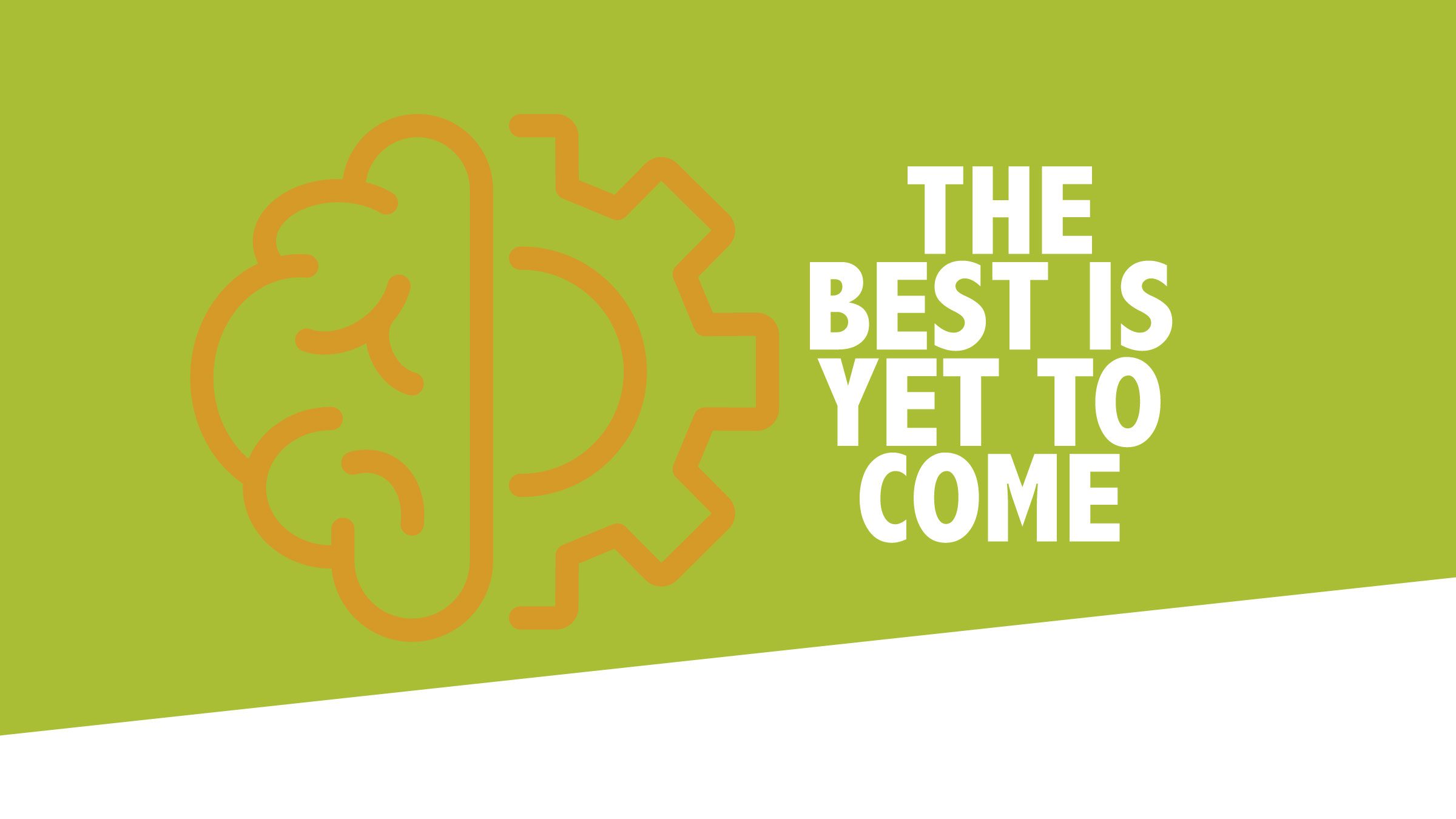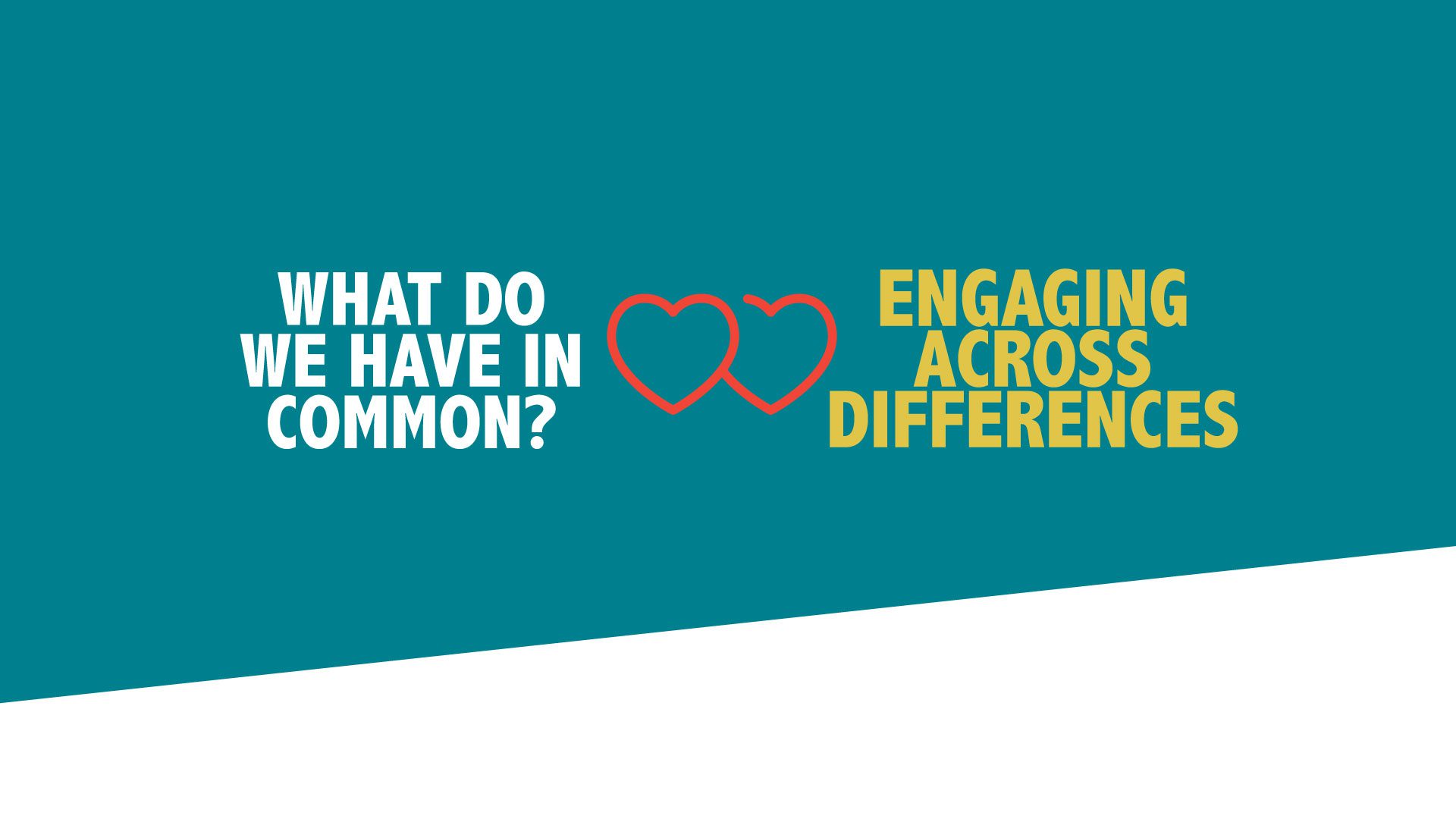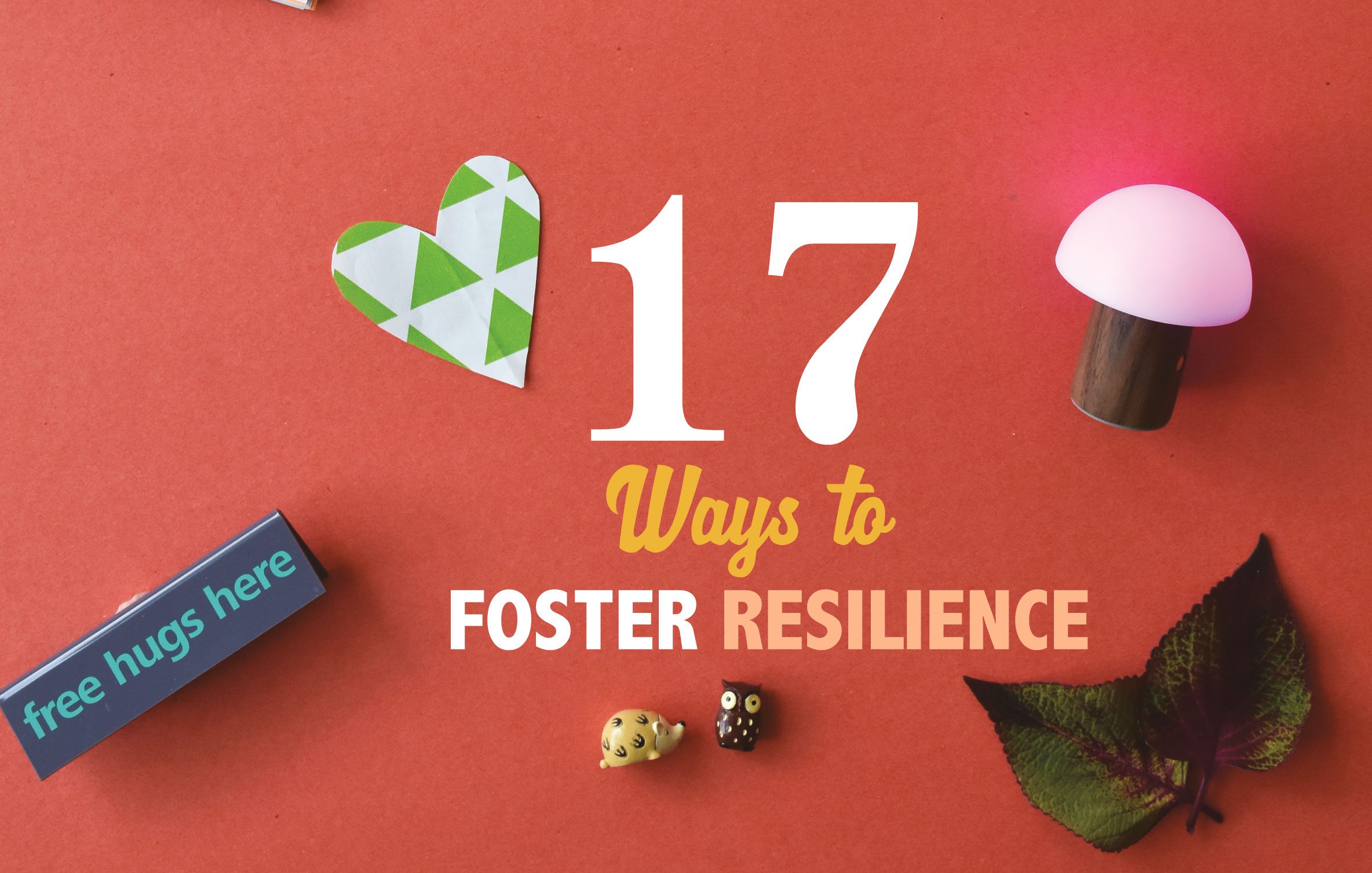Finding Connection for Improved Mental Health
Winter provides an opportunity to sink into a cocoon of rest and stillness. We seek solace in our homes with warm blankets, nourishing food, and cozy clothing. The cold days and long nights of this season can feel like a good excuse to cancel plans (or stop making them altogether).
But if we aren’t careful, a welcome retreat can become an isolation habit. Once the holidays pass, it can be easy to disengage from the people and hobbies we’ve loved just months before. Yet, connection is not something that we can postpone until the warmer days of spring. Meaningful relationships are necessary for our health and happiness year-round.
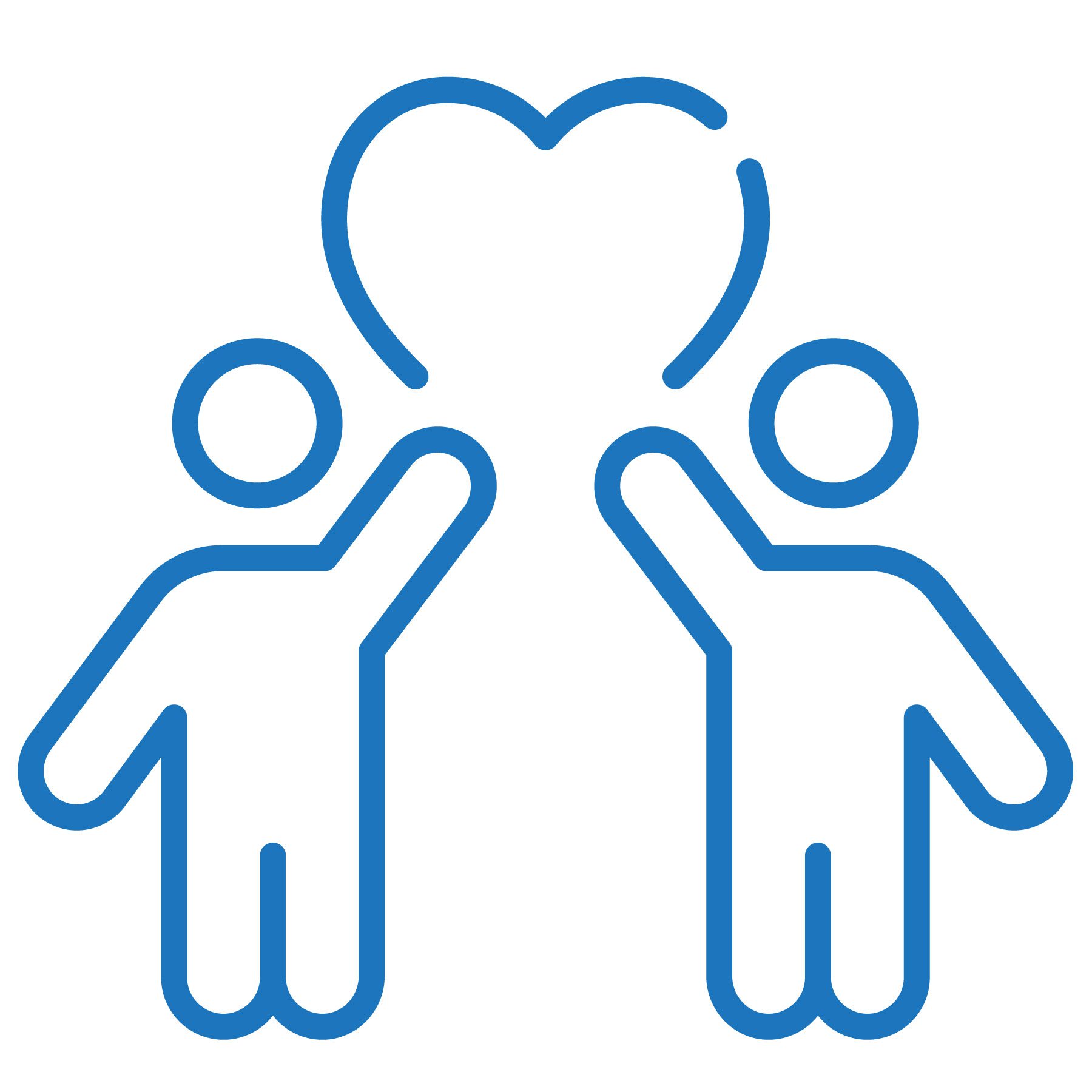
The Benefits of Connection
A deep connection can release happiness hormones (like oxytocin or serotonin) that motivate us to reach out to that person again. Connection can also boost our resilience against stress and trauma. Our social bonds strengthen us.
On the flip side, loneliness weakens our physical and mental health. It dampens our ability to connect with others. If we aren’t careful, feelings of loneliness can drive us into hiding.
The Paradox of Loneliness
Connecting has never been easier. Yet, we are lonelier than ever.
We are so lonely that the U.S. Surgeon General declared loneliness an epidemic. Beyond that, the World Health Organization labeled loneliness a global health threat.
This is the paradox of loneliness: the lonelier we feel, the more we tend to isolate, and the lonelier we become. Feelings of shame, insecurity, social anxiety, and fear of judgment prevent us from reaching out. Yet, hiding our feelings only deepens the chasm we feel between ourselves and others.
The first step to recovering from loneliness is sharing how you feel with someone else. Then, you are no longer alone in it. The antidote to loneliness is connection.
Reconnect to Yourself First
Sometimes, connecting with others is difficult because we are disconnected from ourselves. If we do not honor or accept our own feelings, how can we share them with someone else? If we cannot recognize or express our own needs, how can we expect someone else to meet them? Our ability to connect with others is only as strong as the relationship we have with ourselves.
If you want someone who will love you unconditionally, who will always show up when you need them, and support you when you make a mistake… look no further than within. You have the ability to cultivate that unconditional love and positive regard for yourself.
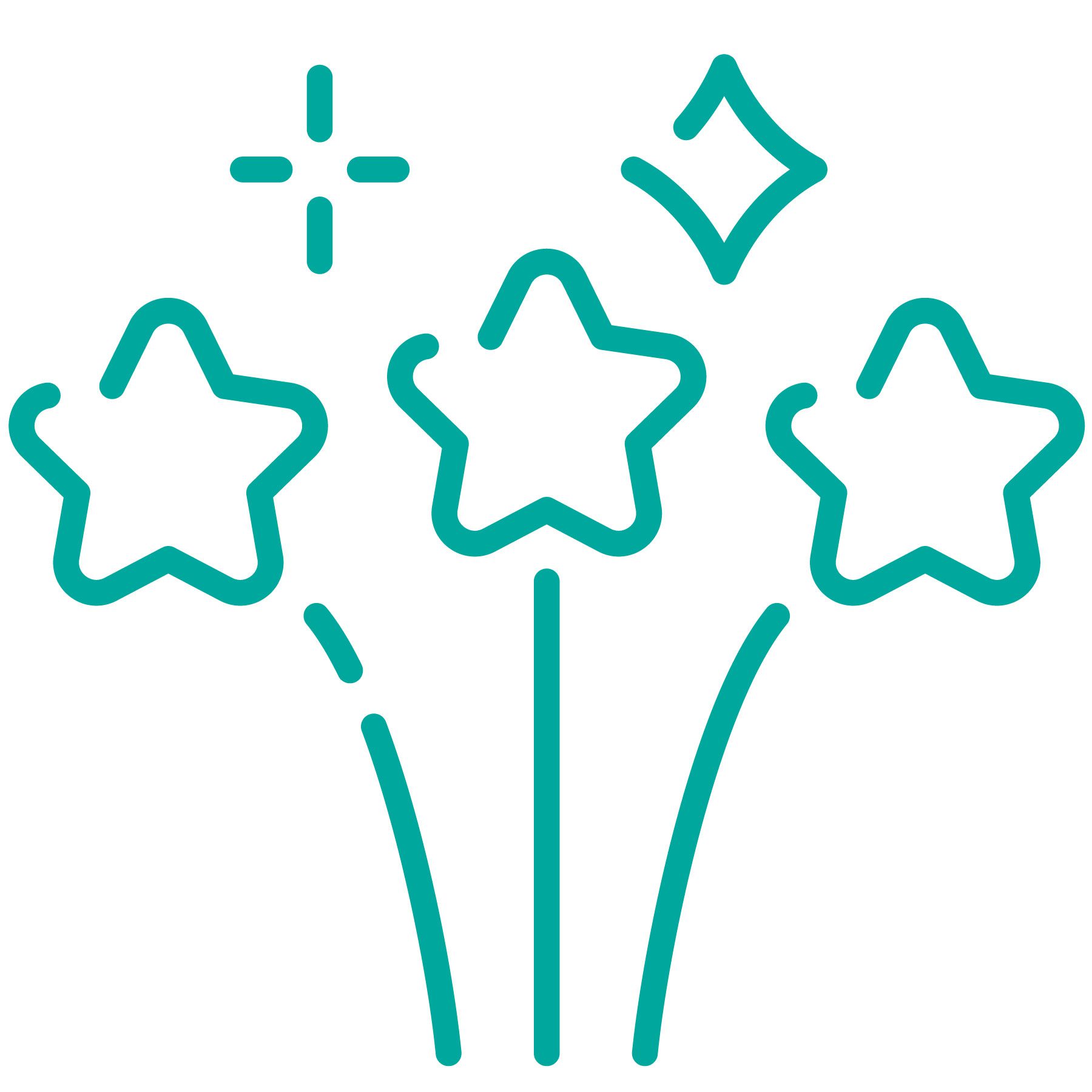
Start small. Take time to get to know yourself. Figure out what makes you feel joy (hint: probably the things you loved as a kid). Honor your needs and limitations. Validate your own feelings. Nourish yourself with healthy foods, sleep, fluids, and movement that feels good.
The love (or lack of love) we feel for ourselves tends to show up in the way we relate to others. Connection always comes with risk. But we are more resilient against those risks when our inner voice is one of support, encouragement, and understanding.
Small Doses of Connection
In order to take a chance on connection, we need to recognize two important truths. First, we all have the opportunity to connect with others. Second, every opportunity for connection comes with the potential for rejection.
A fear of rejection can sabotage these connection opportunities, leading us to view neutral responses as negative ones. And it can cause us to create stories of rejection in our heads when we don’t know another person’s intent.
Fear of rejection is visceral, and for good reason. Our ancestors survived in groups. Social rejection meant certain death. For that reason, we evolved with an instinctual need to belong and remain within groups. It’s important to remember how deep both the fear of rejection and the need for connection are embedded in our nervous system.
To start adjusting our reactions to positive intent, we can seek safe connections where the risk of rejection is lower. When you’re out in public, look up and make eye contact. Smile – even when a smile is not returned. Strike up a conversation while you wait in line. Ask your regular cashier to tell you their name. These relatively low-risk connections build on each other. Every positive encounter sends signals to our brains that it’s safe to connect.
Through this process, we start to increase our risk tolerance and resilience against rejection. We start to understand that rejection is not personal. We can rely on the connections that we do make to remind us that we are not alone.
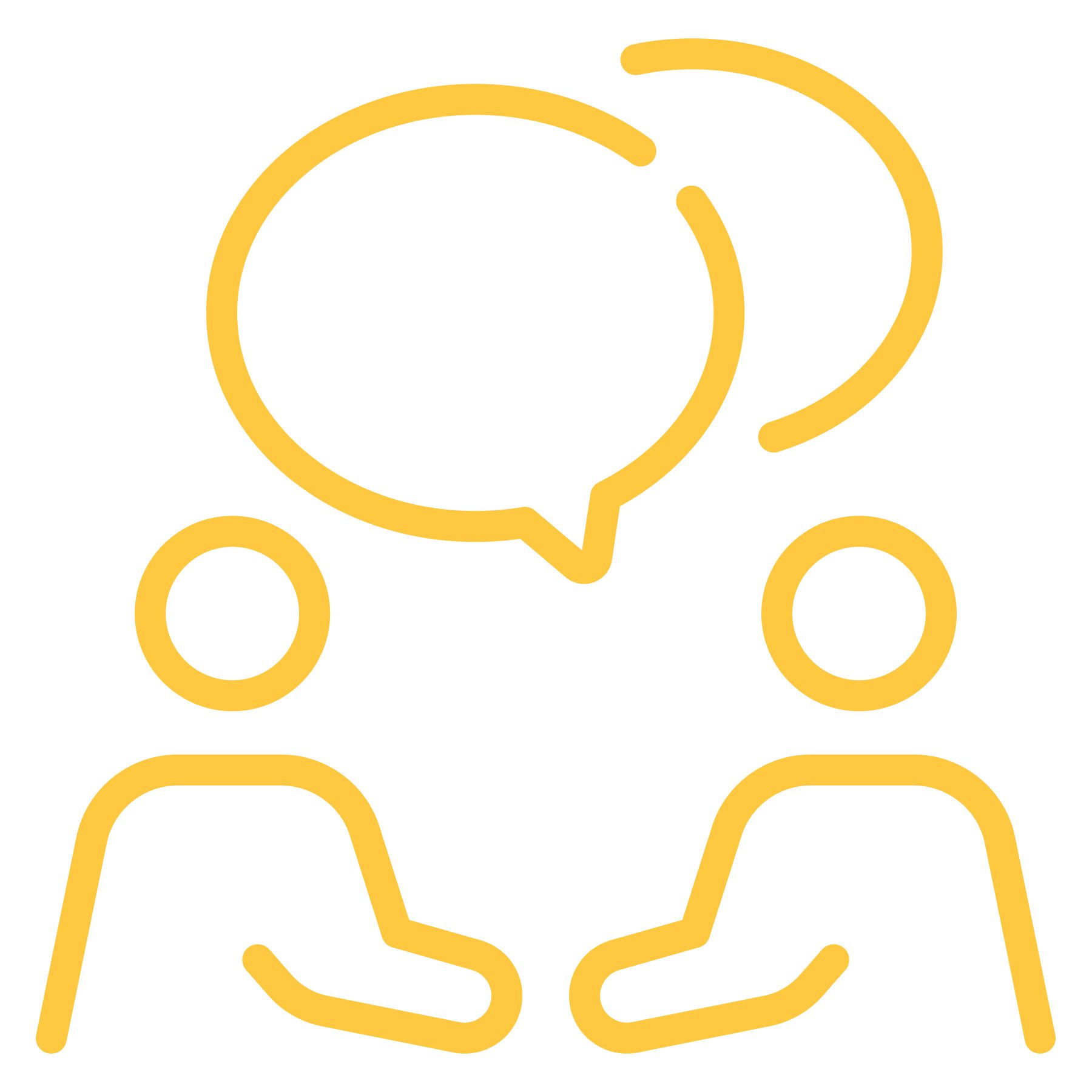
A Quality Connection for Every Occasion
Mingling and networking serve a purpose, but if you’ve ever found yourself surrounded by people, but still felt lonely, you know that quality connections matter. We also need to understand that different people meet different needs.
Perhaps you have a friend who always makes you laugh but isn’t skilled when it comes to discussing deeper emotions. Or maybe one friend shares your hobbies and passions, but you can’t relate when it comes to lifestyle or values.
Our method of connection matters too. Social media can be wonderful for connecting when we have no alternative – when distance or health prevent us from meeting face-to-face. But though our ability to connect grows through the internet, we miss out on the quality of another person’s presence – the depth of their smile, the reverberation of their laugh, the warmth of their embrace, and the peace of their companionship.
Take note of all the relationships and methods of connection in your life. Assess the needs being met by each connection. Notice where there are gaps. Start to think about how you might make connections to fill in the gaps. (See the following worksheet to get started.)
Connect Through Shared Interests
As we share our experiences with others and take the time to understand theirs, we can begin to develop a shared system of understanding.
Many religions and philosophies are centered around shared worldviews. If you’re religious, you may find that your shared beliefs and values help you develop deep and meaningful connections in your chosen religious spaces. Spiritual connection could mean attending meditation sessions, yoga classes, gratitude circles, or even a spiritual retreat.

Shared hobbies and interests can also bring people together. If you’re passionate about health and fitness, try joining a running club, taking fitness or cooking classes, or finding creative ways to make your meals or workouts more social. Love animals? Volunteer at an animal shelter or become a dog walker. Enjoy nature? Adopt a highway, volunteer to help build a trail, or join conservation groups. Are you a music enthusiast? Drum circles, singing groups, concerts, and lessons all have strong potential for social bonding.
We might even borrow connection-friendly ideas from other cultures. For example, in Sweden they have a tradition called fika, where individuals connect to enjoy an afternoon treat or drink. In Australia and England, they share a similar tradition of breaking for morning and/or afternoon tea. Perhaps you could start a tradition with a coworker or family member to set aside a moment each day to connect while enjoying a treat or drink.
Consider your own values, passions, and beliefs. What activities might lend themselves to social connection with people who share your worldview?
Seek Professional Support
While there are myriad ways to connect, it is not always easy. Deep-seated feelings of loneliness and isolation can make us feel vulnerable. On top of that, fear of rejection and attachment wounds can make connecting with new people downright terrifying.
In this case, a professional can help. Consider reaching out to work with a therapist or joining a support group. Continue searching for support until you remember that you are not alone.
Connection is an essential human need. We are wired for love and belonging. While we can now survive without the need for a group, connection adds depth, meaning, and richness to the human experience. You are worthy of love, belonging, and connection. Your people are waiting for you to put yourself out there so you can find each other.

Olivia Lynn Schnur
Click this worksheet to print a copy!
